CapeVerde
President of Cape Verde Jorge Carlos Fonseca was in Luanda during the summit at which he handed over the leadership of the Community of Portuguese-speaking States (CPLP) to his Angolan counterpart, João Lourenço.
A testimony for history, on the eve of the signing of the Mobility Convention which, its signatories hope, will definitively transform the relationship between Portuguese speakers.
Jorge Carlos Fonseca talked to Euronews and Africanews Angola correspondent Neusa e Silava about the difficulties of negotiating with member states of the CPLP, Covid-19 response in Cape Verde and the challenges the Community of Portuguese-speaking States as he steps down from the presidency of the international organisation.
You can watch the full interview in the video player above.
Neusa e Silva, Africanews: President Fonseca, what was the biggest challenge of this extraordinary three-year mandate, at the head of the Community of Portuguese-Speaking Countries?
Jorge Carlos Fonseca, President of Cape Verde: The biggest challenge will have been that of designing, negotiating and reaching a consensus on a convention mobility within the Community of Portuguese-Speaking Countries. A challenge that our presidency has embraced since the start of our mandate.
This convention will be a crucial instrument so that, with political will, with determination, we can take a great leap forward in the Community of Portuguese-Speaking Countries and progressively transform it into a community of people, a community of citizens.
Neusa e Silva: Were there any difficulties in conforming these norms with Brazil and Portugal?
Jorge Carlos Fonseca: What I can tell you is that the negotiations were not easy. We in the Cape Verde Presidency had the initiative.
We had the support of other countries, a more or less strong support, there were some reservations, difficulties put forward by some member countries and, therefore, we were adapting the text of the convention in such a way that the objective that we wanted was achieved: that politically all the states would assume the convention.
Neusa e Silva: Regarding Mozambique and Cabo Delgado, Cape Verde is witnessing a similar situation in neighbouring West African countries...
Jorge Carlos Fonseca: Unfortunately, Cape Verde is part of an African sub-region with many problems that generate political, institutional and social instability. We have Boko Haram which is active in Nigeria, but we also have terrorist attacks in Mali, as well as in Ivory Coast, in Burkina Faso.
The African Union and ECOWAS itself have some experience that can be transmitted, if necessary and if requested, let's say to other brother countries that are members of the community, in the fight against phenomena such as these, which are difficult and complex to prevent and to fight.
In the case of Mozambique, everything depends, in the last analysis, on what the Mozambican authorities want, and what kind of support they request. This support can be provided by organizations as a whole. I am talking for example about the Community of Portuguese-Speaking Countries, which is different in nature from the African Union, ECOWAS or the United Nations.
It is more of an intergovernmental organization, with another profile, a different nature. But one sees for example member countries of the Community of Portuguese-Speaking Countries that directly and unilaterally support Mozambique.
They can do this through their insertion in other regional spaces, for example through the European Union. This can also be done through the African Union.
Neusa e Silva: What was the impact of the Covid-19 pandemic in Cape Verde ?
Jorge Carlos Fonseca: Cape Verde may have been one of the countries, at least in Africa, that suffered most from the pandemic because we are a small country, an archipelagic country, with few resources but above all we are a service economy and an economy mainly founded on an activity that is tourism.
Tourism represents nearly 25% of Cape Verde's GDP and with the closure of borders, with the conditioning of the borders for flights, the tourist flows are practically stopped since February, March 2020.
We are focusing on fighting the pandemic with a particular attention to the tourist islands, Sal and Boavista, so that this year we can resume tourism activities because this is what generates the resumption of life for businesses, many of them in very difficult conditions.
I would say that the fight against the pandemic has required a titanic effort by the government in Cape Verde, from a budgetary point of view, from the point of view of increasing public debt and we hope that new times will come, knowing that the pandemic is yet to disappear.




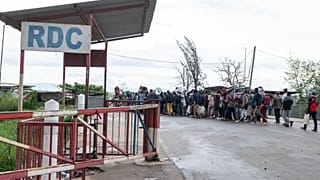
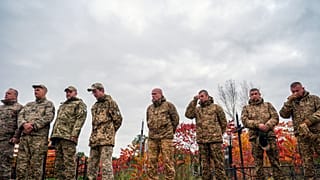
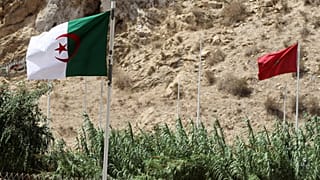
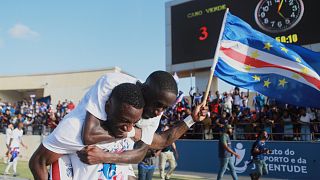
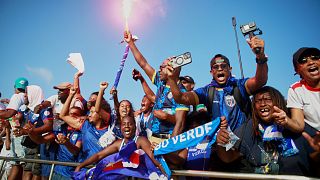
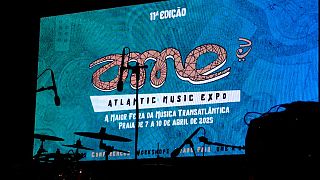
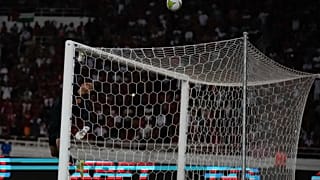
01:00
Central African Republic prepares for critical elections amid persisting instability
Go to video
Six African women break barriers in Forbes 2025 power list
00:03
Court suspends Kenya-U.S. $2.5 billion health cooperation deal
01:00
Zelenskyy meets Pope Leo XIV and PM Meloni in Italy visit
00:54
Benin government assesses situation after thwarted coup
Go to video
French President Emmanuel Macron continues his African tour in Libreville